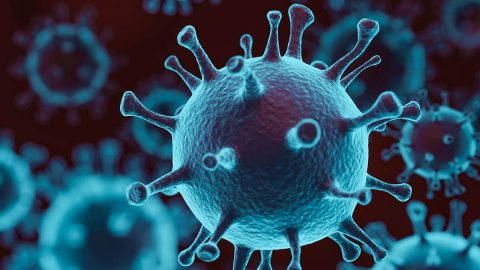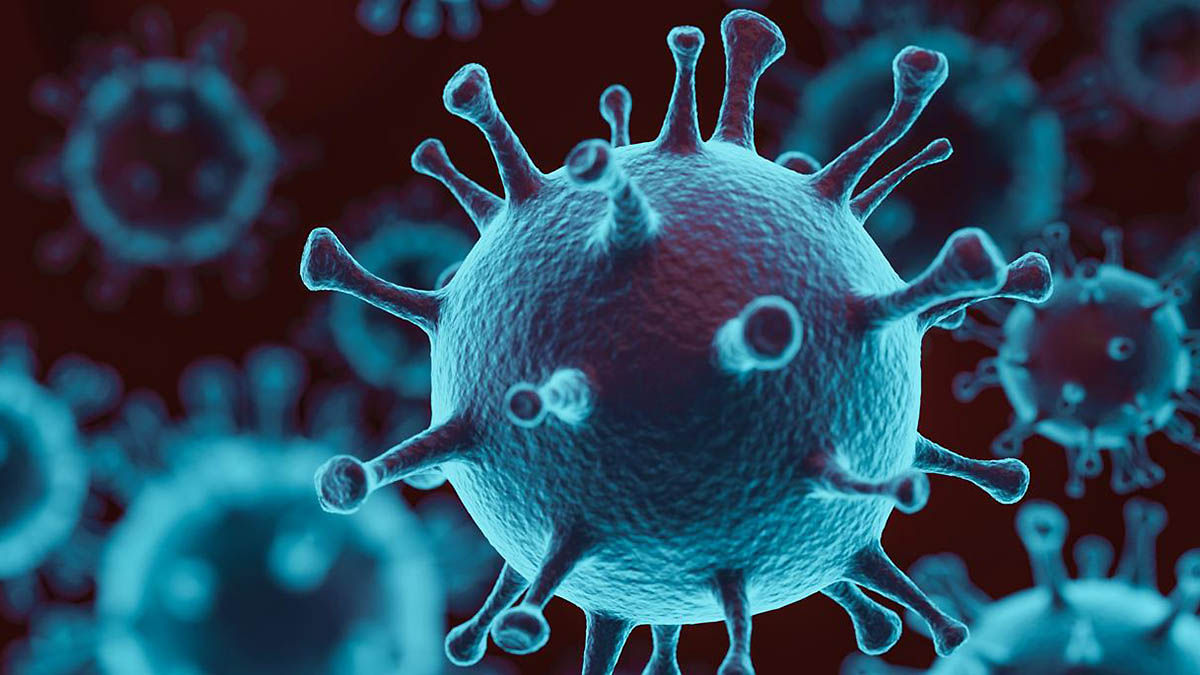 Silver Spring, MD – The U.S. Food and Drug Administration (FDA) has announced the following actions taken in its ongoing response effort to the COVID-19 Coronavirus pandemic:
Silver Spring, MD – The U.S. Food and Drug Administration (FDA) has announced the following actions taken in its ongoing response effort to the COVID-19 Coronavirus pandemic:
FDA scientists have identified specific areas of the so-called spike proteins on the surface of the COVID-19-casuing virus that appear to be key to triggering strong protective antibody responses in rabbits exposed to the virus.

The virus uses one part of the spike protein to attach to a cell and another to fuse with the cell membrane, enabling the virus to infect the cell.
The scientists studied antibody response to SARS-CoV-2 spike proteins, which could help inform vaccine design by increasing our understanding of the various triggered antibody responses.
As of mid-June, the COVID-19 Coronavirus pandemic has caused more than eight million cases of infection and approximately 450,000 deaths globally, making the development of safe and effective vaccines to prevent this disease a priority. The spike glycoprotein is the key target for protective antibodies against both SARS-CoV-2 (the COVID-19 Coronavirus virus) and the related SARS-CoV-1 virus.
Therefore, many vaccine candidates that trigger antibodies — against specific areas on the SARS-CoV-2 spike protein — are being investigated. To help build sufficient scientific knowledge about the quality of antibody responses, the FDA scientists exposed rabbits to the virus and evaluated antibody responses triggered by various SARS-CoV-2 spike antigens that are similar to those being used to develop vaccines to prevent COVID-19 Coronavirus.
Today, FDA released a blueprint for implementing the New Era of Smarter Food Safety, an FDA initiative that represents a new approach to food safety, leveraging technology and other tools to create a more digital, more traceable, and safer food system. The blueprint outlines how FDA plans to usher in this new era. Together with the Food Safety Modernization Act, the blueprint moves the nation’s food production closer to achieving an Integrated Food Safety System. Among other factors included in the blueprint implementation are:
(1) Tech-enabled traceability to facilitate tracking events and sharing key data across regulatory agencies, industry and other public health partners to avoid duplication of effort and complexity;
(2) Smarter tools and methods to prevent and respond to food-borne illness outbreaks through evidence-based improvements in and/or implementation of root-cause analyses, artificial intelligence and machine learning applications for screening imported foods, mutual reliance with FDA’s state inspections partners, enhanced outbreak responsiveness, and modernization of product recalls;
(3) New business models and retail modernization involving FDA’s strategic partners in adapting the regulatory framework to new and innovative business models. FDA will also promote facility and equipment design that support preventive controls for retail food safety management (e.g., the development and use of commercial Smart Kitchen Equipment).
The FDA has issued emergency use authorizations (EUA) to:
- electroCore, Inc., for its GammaCore Sapphire Non-invasive Vagus Nerve Stimulator. This stimulator is intended for use at home or in health care settings to treat adult patients with known or suspected COVID-19 Coronavirus who are experiencing worsened asthma-related shortness of breath and reduced airflow, and for whom approved drug therapies are not tolerated or provide insufficient symptom relief as assessed by the patient’s healthcare provider. The device improves airflow and provides relief from exacerbated asthma-related shortness of breath in such patients. The device is placed on either side of the patient’s neck for two consecutive two-minute stimulations at the onset of respiratory distress or shortness of breath for up to 24 stimulations every 24 hours.
- Circadiance, under the umbrella EUA for ventilators, for its SleepWeaver Prevent CPAP Mask. The product is a CPAP mask that was modified by combining it with an N95.
Testing updates:
To date, the FDA has currently authorized 175 tests under EUAs; these include 145 molecular tests, 28 antibody tests, and 2 antigen tests.
About the U.S. Food and Drug Administration
The U.S. Food and Drug Administration (FDA), an agency within the U.S. Department of Health and Human Services, protects the public health by assuring the safety, effectiveness, and security of human and veterinary drugs, vaccines and other biological products for human use, and medical devices. The agency also is responsible for the safety and security of our nation’s food supply, cosmetics, dietary supplements, products that give off electronic radiation, and for regulating tobacco products.



